Join the author, Néstor T. Carbonell, as he shares a critical analysis of the Castro-Communist regime and explores the challenges and opportunities that will likely arise when freedom finally dawns in Cuba.
CHAPTER 11: Castro’s Detente Game: From Johnson to George H. W. Bush
Castro’s Military Airlift
to Angola
Clearly, Washington went out on a limb with these unilateral concessions, but the ultimate goal of engaging Castro in constructive negotiations seemed well worth the wooing. So what was the Cuban dictator’s response? Not quite what the White House was expecting. He brazenly airlifted to Angola, with Soviet assistance, thousands of Cuban combat troops to support the Marxist-dominated Popular Movement for the Liberation of Angola (MPLA), which seized control of most of the country following independence.
This was not an isolated foray into Africa since Castro had previously shipped arms, troops, and guerrilla instructors to bolster Communist movements in Algeria, Guinea, Somalia, Congo, Mozambique, and Malawi. But the involvement in Angola was not just a token or small-scale military intervention. It was an outright invasion.
According to Cuba’s Communist newspaper Granma, at the crest of the 1975-76 war in Angola, Cuba had thirty-six thousand troops in that country, commanded by Division General Abelardo Colome. «In relation to Cuba’s population of 9.4 million» (at the time), noted professor Jorge I. Dominguez, «these troops were the equivalent of a US deployment of over eight hundred thousand troops, more than the United States had in Vietnam at the peak of that war.»
What accounted for Castro’s startling provocation while Washington was earnestly trying to reach an accommodation with him? Some scholars and historians, particularly those who tend to give Fidel a pass, argue that the United States did not go far enough with its concessions. Others contend that it was unrealistic, if not delusional, to think that Castro would trade his leading role as an intractable Marxist-Leninist revolutionary, propped up with massive Soviet aid, for a rapprochement with «Yankee imperialism.»
But what is indisputable is that Secretary of State Henry Kissinger» tried in good faith to break the impasse with Communist Cuba as he had done with Red China and the Soviet Union, but instead of reciprocating, Havana’s master of deceit rebuffed Washington’s honest offer of detente.
President Ford ended this ill-starred overture, declaring to the press on December 20, 1975, that «the action of the Cuban government in sending combat troops to Angola destroys any opportunity for improvement in relations with the United States. They have made a choice. It, in effect, and I mean very literally, has precluded any improvement in relations with Cuba.»
Yet the president’s emphatic statement did not really end this episode. After a new attempt to reopen negotiations with Cuba fizzled out without producing any positive results, Kissinger pondered his next move. He felt that the United States had to respond to Castro’s brazen and humiliating challenge in Angola.
There were also internal political considerations in play. The Ford administration’s conciliatory Cuba policy had become a hot issue during the 1976 presidential campaign and had placed Ford on the defensive. Conservatives led by Ronald Reagan characterized the policy as an iteration of failed detente.
Kissinger’s main concern, however, transcended politics. He posited, «If there is a perception overseas that we are so weakened by our internal debate so that it looks like we can’t do anything about a country of eight million people, then in three or four years we are going to have a real crisis.» Kissinger argued that Castro’s Cuba needed to be stopped in Africa. Otherwise, he asserted, Rhodesia and Namibia would be next, and possibly later South Africa.
As revealed by William M. LeoGrande and Peter Kornbluh, drawing on recently declassified documents, Kissinger concluded that contingency plans to «clobber» Castro’s Cuba had to be prepared. With President Ford’s approval, he convened on March 24,1976, a small team of national security officials, including Secretary of Defense Donald Rumsfeld, the CIA’s deputy director Vernon Walter, and National Security Adviser Brent Scowcroft.
The team, known as the «special action group,» was tasked with developing political, economic, and military plans «to move against Cuba» in response to any further intervention in Africa or Latin America. The basic objective was to «prevent the creation of a pattern of international conduct in which Cuba and the USSR arrogate to themselves the right to intervene with combat troops in local or regional conflict.»
By mid-April, the Cuban contingency plans had been drafted. They outlined possible options, such as deterrence (involving punitive, economic, and political measures), cease and desist, interdiction, and military retaliation. These last two included blockade, air strikes to destroy selected Cuban military targets, and invasion.
The possible consequences of US military intervention in Cuba were discussed at length by the team. Kissinger’s aides pointed out, «A Cuba/Soviet response could escalate in areas that would maximize US casualties and thus provoke [a] stronger response. The circumstances that could lead the United States to select a military option against Cuba should be serious enough to warrant further action in preparation for general war.»
Given the ominous warning of a potential superpower confrontation if US force were used in Cuba, the contingency plan, including the nonmilitary options, was tabled. Absent any meaningful deterrent, Castro and the Kremlin geared up for yet another African foray. Since Ford was not reelected in November, that became one of Jimmy Carter’s predicaments.
jimmy Carter (1977-1981)
Carter was not discouraged by the Ford administration’s failure to achieve a rapprochement with Castro. He felt confident that with a more open, congenial, and flexible approach, he could pierce the veifof distrust and induce the Cuban dictator to accept a harmonious modus vivendi.
Toward Normalization
of Relations
On March 15,1977, shortly after he took office, Carter signed a classified presidential directive that stated unambiguously, «I have concluded that we should attempt to achieve normalization of our relations with Cuba.»
With that goal in mind, the president took three major steps in just six months, from March to September 1977. He lifted the sixteen-year ban on travel to Cuba, basically accepted the fishing and maritime boundaries proposed by the Castro regime, and agreed to the opening of Interest Section offices—quasi embassies—in Havana and Washington.
This new Cuba policy seemed inconsistent with Carter’s overarching commitment to human rights. He had upbraided the military dictatorships of Argentina and Chile for violations of civil liberties, and now he was accommodating the most egregious violator: the Castro regime.
Even famous international writers who had fervently supported Castro, like Jean-Paul Sartre, Susan Sontag, Mario Vargas Llosa, Octavio Paz, and Jorge Edwards, had broken with him when he arrested the Cuban poet Heberto Padilla in 1971 for having mildly criticized literary intransigence within the government bureaucracy. Castro detained Padilla and forced him to repent publicly and denounce some of his confreres.
This «Padilla Affair» marked a redoubling of repression, not only against political dissidents but also against intellectuals deemed ideological deviationists. Castro had earlier warned Cuban journalists, writers, and thinkers of his dogmatic rule: «Everything within the revolution; nothing outside the revolution.» And the prohibited «outside the revolution» sternly applied to both politics and culture.
Cuban exiles were furious with Carter’s perceived appeasement of Castro. A few of the extreme militants resorted to violence, setting off bombs near the Soviet Embassy in Washington and on the premises of an airline scheduling flights to Cuba. But most of the exiles, while fuming, were respectful of US laws and vented their anguish and anger in peaceful demonstrations, statements to the press, and letters to the president.
Perhaps the letter that got the most attention came from Juanita Castro, Fidel’s undaunted sister who was living in exile in Miami. In her missive to the president, she warned him not to cozy up to her cruel and deceitful brother, and poignantly added: «At the beginning of your War of Independence in 1775, Benjamin Franklin wrote to his old friend in England, William Straham: “¡Look upon your hands! They are stained with the blood of your relations! Mr. President, I submit that your decision in this matter [normalizing relations with Castro] might well determine if you will ever again be able to look at yours.»
Carter felt that Juanita’s letter warranted a reply. At the president’s request, National Security Adviser Zbigniew Brzezinski assured her that the administration was just «seeking to determine whether relations with Cuba can be improved on a measured and reciprocal basis.»
Within the Carter administration, some believed that the subsequent release by Castro of some three thousand political prisoners, negotiated by a committee led by Cuban American banker Bernardo Benes, with Washington’s discreet support, was a clear sign that Fidel was reciprocating Carter’s overture.
Exiles in Miami were divided on this issue, but most of them strongly rejected the notion of a breakthrough in US-Cuba relations. Although happy that prisoners unjustly incarcerated had been released, they warned that Castro’s seemingly humanitarian gesture was a ploy to gain legitimacy and numb the United States into inertia or complacency. Nothing has fundamentally changed in Cuba, the unflinching exiles cried out. The Castro regime’s totalitarian apparatus designed to crush dissent remains intact, they asserted, and its dreadful prisons are still geared up for new tenants.
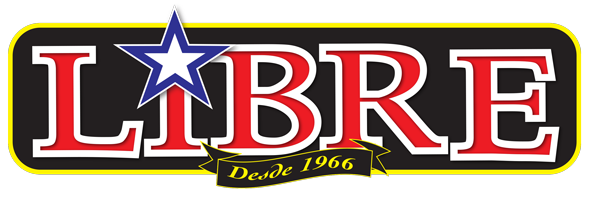

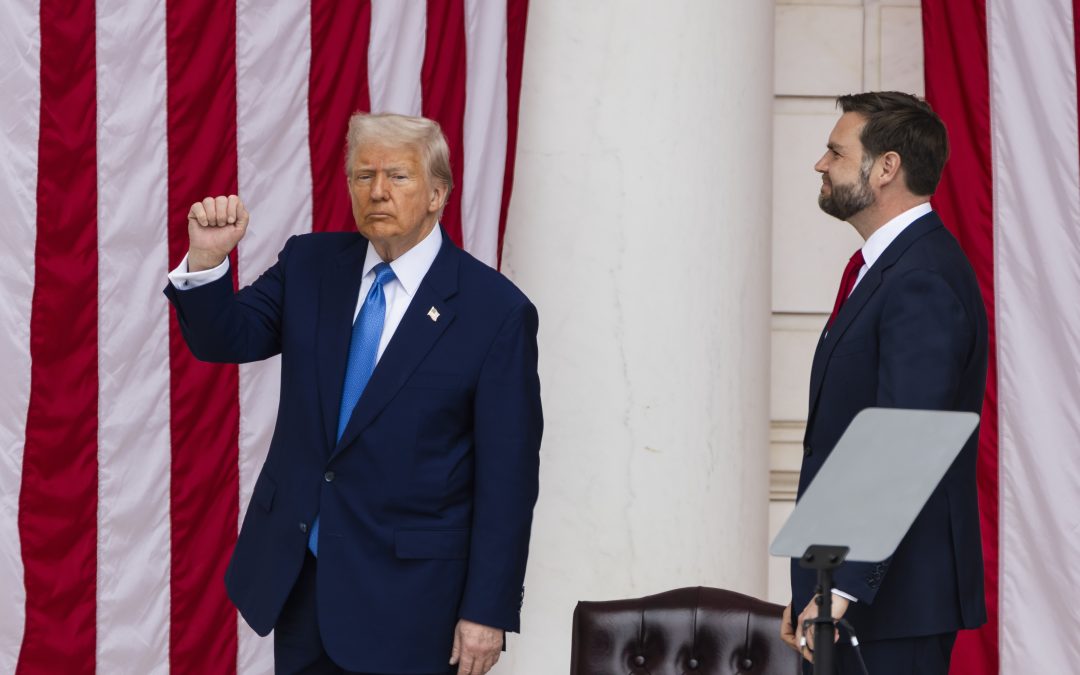
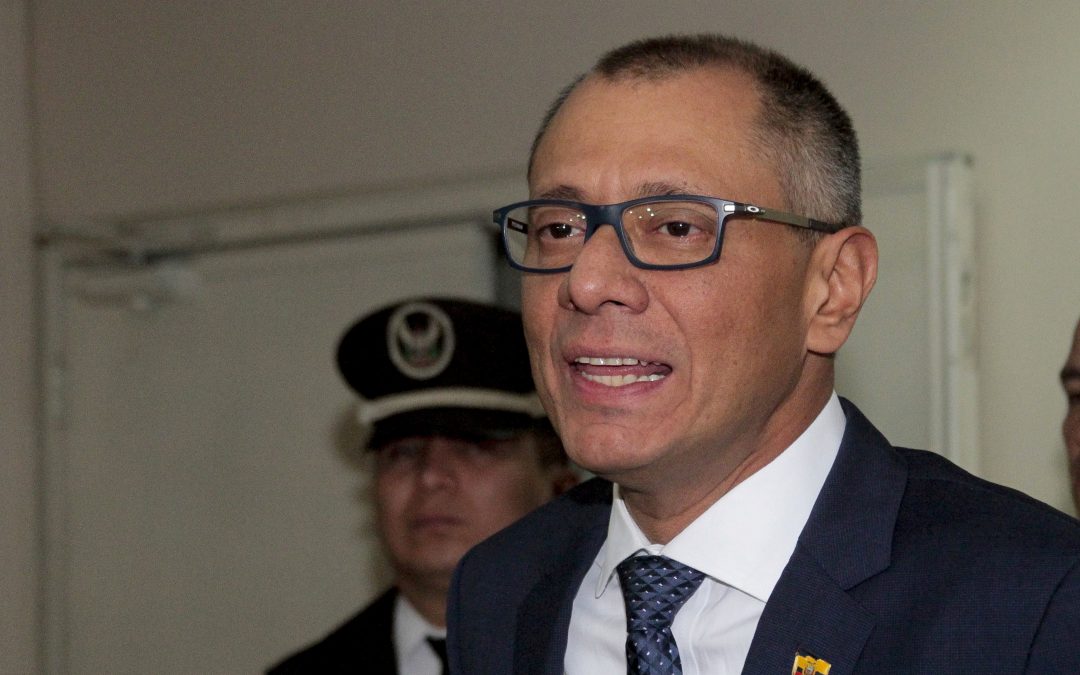
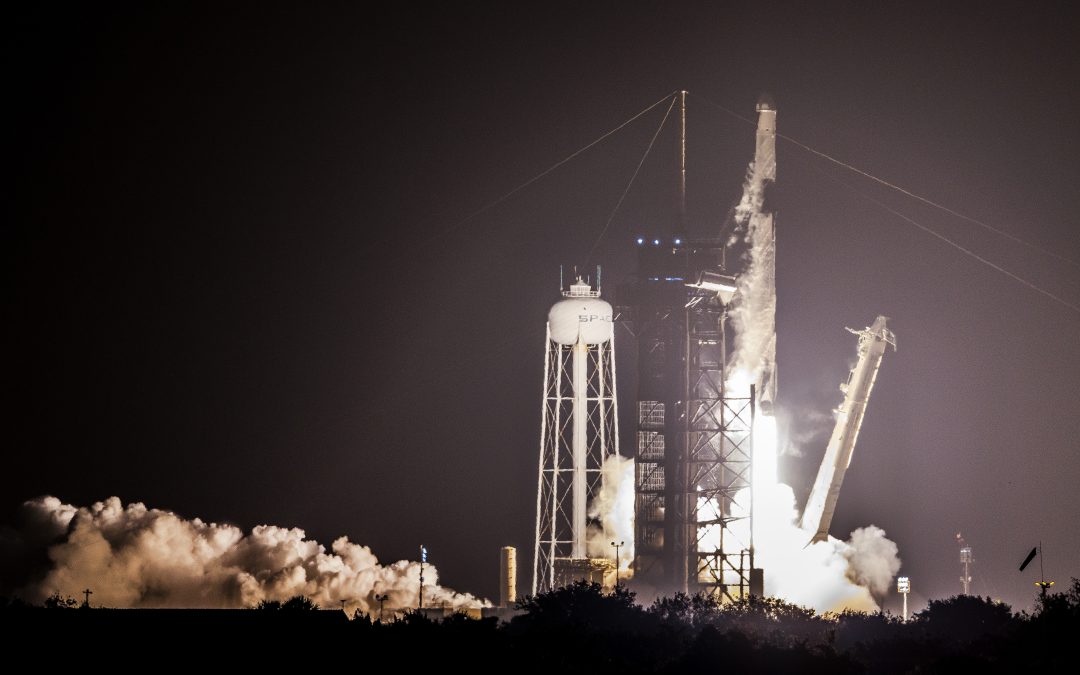

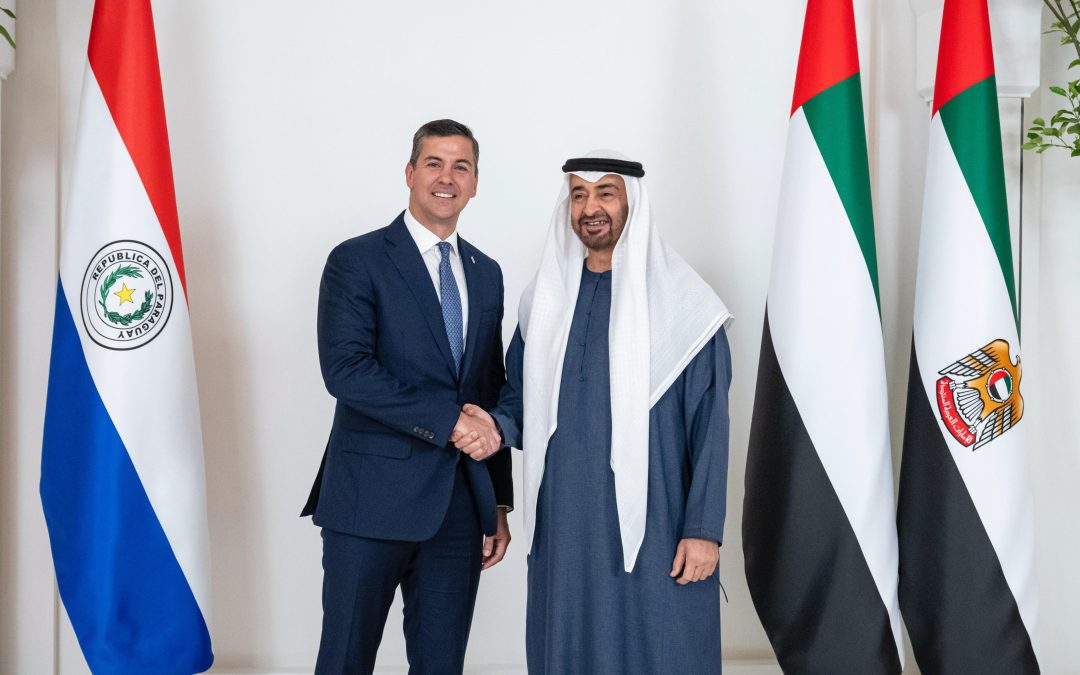
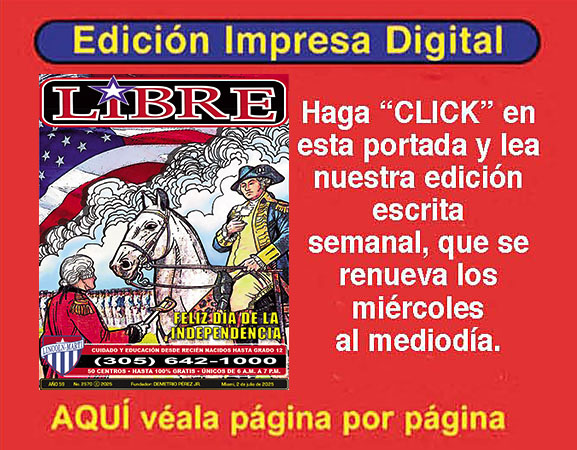



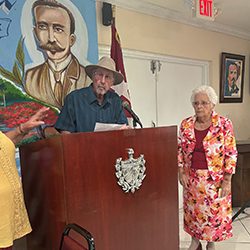

0 comentarios